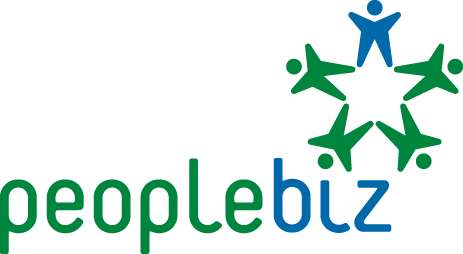My mind has been working overtime the last couple of weeks since I wrote Part 1 of this series. I  really wanted to get to Steps 2 and 3 of my 12 Step Program. Then I realized I just needed to let it come to me, through conversations and experiences.
really wanted to get to Steps 2 and 3 of my 12 Step Program. Then I realized I just needed to let it come to me, through conversations and experiences.
Now that being a helpaholic has become a major topic of discussion with my friends and clients, I see more each day just how insidious this addiction is! So I’m happy to report that I’ve come up to 5 steps so far. And I’m sure the rest will come to me in the same way.
Step 2: Stop taking responsibility for other people’s experiences.
When I coach clients, I am able to have a detached perspective. They pay me to work with them, then it is up to them to utilize what they learn and do something about it. In that area, I have no problem with “over-involvement.”
On a personal basis, with friends and family, It took me a while to realize I was doing this, then more time to figure out why and what it was doing to me. What came to me was this:
When I would offer to help someone, along with that help came an unconscious attachment to the outcome. When I did the Strengths Finder, a test devised by the book, Now, Discover Your Strengths, by Marcus Buckingham and Donald O. Clifton, I found my Signature Themes were Activator (make things happen), Maximizer (stimulating excellence), Strategic (create alternative ways to proceed), Relator (work hard with friends to achieve a goal) and Futuristic (inspired by the future and what could be).
I now see those are a perfect combination to encourage my helpaholism! Once I became unconsciously attached to an outcome, I would work feverishly to try to make it happen! Instead of just offering suggestions, or providing a reasonable amount of assistance, I would dive in and get way too involved emotionally in solving the problem, or at least working on the solution.
Isn’t working on a solution a good thing?
Yes and no. It depends on how much attachment or detachment you have. A detached form of help is: I see you have some options, which are _______, so I hope you figure it out. Let me know how it goes!
An attached form of help is, I see you have some options, which are ________, so let me figure out how to make those happen, and keep me posted on your progress so I can stay involved and make sure it happens.
Even when you brainstorm and help figure out a strategy, your job doesn’t then become execution! That is their responsibility, not yours!!!!
If you’re working on a team, then each person has a share in the strategy and the outcome. But that is different from what I’m talking about here.
Okay, I get it. Stop getting too involved in other peoples strategies and outcomes. Is that it?
Not quite. There is another form of taking responsibility for other people’s experiences: when we think they need our intervention or assistance and they haven’t even asked for it.
Say you witness your sister fighting with her husband. You have all kinds of ideas about how they could work it out, so you offer to help.
Did they (or she) ask you? Were you invited to that little party or are you trying to crash it? Of course you’re not seeing yourself as a party crasher — just a loving, helpful sister, right? Wrong! Especially with family members, but really, as a rule, I find that unless I am asked, my help really isn’t welcome.
The thing to ask yourself is this: why am I trying to help? Is this my way of feeling connected, like I belong? Is this my childhood pattern? Helping can be the way you feel connected to others. For me, I have had to face that I developed the “helpful” behavior to win the approval of others. I felt isolated and alone (even though I had three sisters!) as a child. I can see that I started helping to gain acceptance and a sense of belonging. And that strategy wasn’t bad–it actually worked for me for quite a while.
But I’m not a child anymore, I’m ready to have a different life! I’m only 70! I have maybe 20 more great years ahead! So I’m working on breaking patterns that don’t work for me anymore. And being too helpful, getting all entangled in other people’s situations where I don’t actually belong, that just isn’t working for me anymore!
Coming soon…. Step 3!
